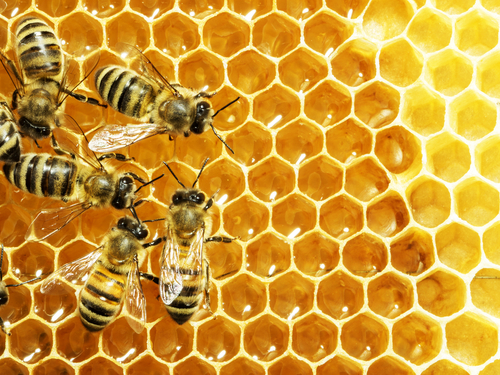Evangelization is a word used often in the church today, and in varied ways. It is occasionally used inaccurately as synonymous with “proselytization” in one context, and then as “the new evangelization,” referring to a spiritual reawakening of the already-baptized in another context.
We also use a form of the same word to name the ritual Book of the Gospels: the evangeliarium. The etymology, or origins of the word “evangelization” reveals the combination of two Greek concepts: “good” and “message”. (Notice that the word “angel” is contained within the word “evangelization,” which supports our understanding of an “angel” being a messenger of God.)
Some dictionaries define evangelization as the character of “being enthusiastic about something and attempting to share that enthusiasm with others.” The idea of “message” does seem to connote active communication. Someone evangelizing would, therefore have a good message to share enthusiastically with others.
Consider this beautiful definition of evangelization offered by theologian Timothy O’Malley in his book “Liturgy and the New Evangelization: Practicing the Art of Self-Giving Love” (Liturgical Press), “Evangelization is fundamentally a matter of self-giving love learned in the school of Christ, most perfectly embodied in the liturgical-sacramental life of the church.”
The liturgy is “the school of Christ.” Yes, regular participation in the liturgy, week after week, year after year, teaches us and forms us as evangelizers. Through our ritual actions, we become people who live as the “good message.” How we participate while attending Mass evangelizes. How we participate in silent, spoken, and sung prayer at Mass evangelizes.
It is not that we are “showing off” to others. It is that through our internal and external full, conscious, and active participation and commitment, we are continually becoming who we believe ourselves to be through baptism. The way of Christ in the world, revealed to us through the liturgy, becomes our way of living.
The liturgy is patterned after Christ’s way of self-sacrificial love, and we learn that intuitively by our personal infusion into the prayers and actions of the ritual. We become what we pray. We become who we are as followers of the way of Christ in the world, and, just by being who we are, we share the “good message.”
In his study called “Honeybee Democracy,” Thomas D. Seeley refers to the “waggle dance” of bees as evangelization. The bees that scout out the sources of food on behalf of the others, he calls “evangelizing scout bees”. Their “waggle dance” tells the others the “good message.” It reveals how and where to find what they need. Through their dance, they are “being enthusiastic about something and attempting to share that enthusiasm with others.” (You can learn more about bees and their waggle dance relating to our lives as Christians here.)
There is an old Native American saying: “We do not believe our religion, we dance it.” Dance is metaphor. It makes visible on the outside the inner life of the one dancing, just as liturgy is metaphor and makes visible the inner life we hold in God. Imagine if our participation at liturgy had the quality and energy of dance.
Jay Cleve in “Path of the Sacred Pipe: Journey of Love, Power and Healing,” when speaking of the Native American pipe ceremony says, “A ceremony is a gateway into both spiritual freedom and spiritual maturity — an individual journey linked with awareness of the larger community. Through ceremony we learn to give back to Earth and to the Creator. We give energy with our voice; drumming mimics the heartbeat of the Earth; dancing brings the energy of Earth and Sky together in our bodies and gives it out… When we chant we take Earth energy in through our bodies, magnify it and send it out to all our relations on the planet. When we pray, we give energy through our hearts; and when we look upon our relations we give energy through our eyes.”
Evangelization is a waggle dance! The purpose-filled energy of the bee is our example of how to share the “good message” we have been given. Life lived according to the self-giving sacrificial love of Christ is what we are asked to “dance” at Mass. Are we brave enough to “dance” God’s love every Sunday?
May the way we give of ourselves in our ritual prayer give back to God and to the Earth. May the energy of our voices, our song, and our actions magnify God’s love and be sent forth to all the world. May we give the good-message energy of God’s love every day to everyone we meet.
Start your day with Always Forward, our award-winning e-newsletter. Get this smart, handpicked selection of the day’s top news, analysis, and opinion, delivered to your inbox. Sign up absolutely free today!

